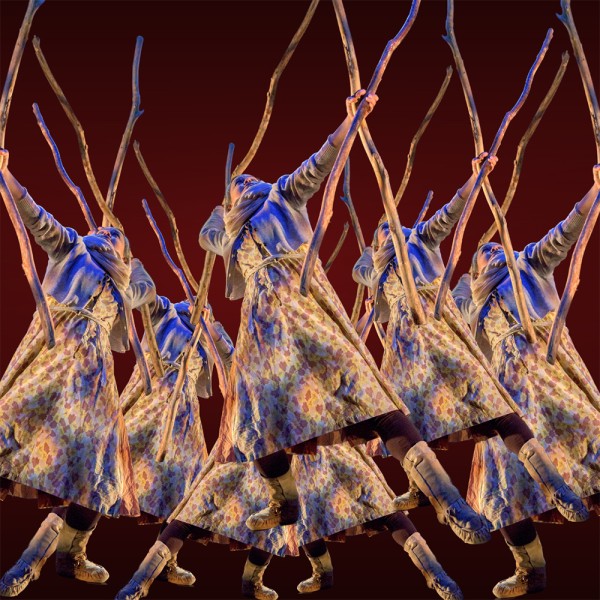
Firebird: Ravel & Stravinsky
Presented by: New Zealand Symphony Orchestra
Conducted by: Emilia Hoving
Michael Fowler Centre, 17th Jul 2025
Reviewed by: Tamsin Evans
John Ritchie’s Papanui Road Concert Overture was a brilliant opening piece in this programme. The road came to life in a series of distinct soundbites. It really was like walking down the street, checking the front gardens, peering up driveways, spotting locals, remembering events, and noticing what was going on.
Pianist Javier Perianes played Manuel de Falla’s Nights in the Gardens of Spain with a sound neither dominant nor lost in the orchestra. Just as the composer intended, all the musicians came together in a lovely unity of Andalusian, flamenco, North African, and classical traditions.
Ravel’s Piano Concerto in G Major is also an intermingling of styles, this time the composer’s Basque heritage and 1920s jazz. The opening whip crack tells you this is something different. The first and third movements have a tinge of jazz to go with the folk melodies. From the first piano notes – which were beautifully played – the balance and tone in the piano and orchestra were so seamless that in the second movement, it was as if the woodwind emerged from inside the piano, one after the other. Emilia Hoving’s conducting talent and style were really apparent here.
While playing in different time signatures in each hand is definitely challenging for the pianist, imagine the next level of difficulty this presents for the conductor. Hoving is a very talented, assured, and confident young director. Her distinctive style has been noted by commentators in the last couple of years. Here she appeared to be conducting a different time in each hand, each comfortably independent of the other.
Leading the orchestra into Stravinsky’s The Firebird, Hoving played with the opportunities the 13 movements presented to bring out some amazing solos from horns, strings, woodwind, and harp. The intensity and liveliness grew, building towards a thrilling finale. Waves of pulsing sound raised the heart rate, excitement, and the applause.






















